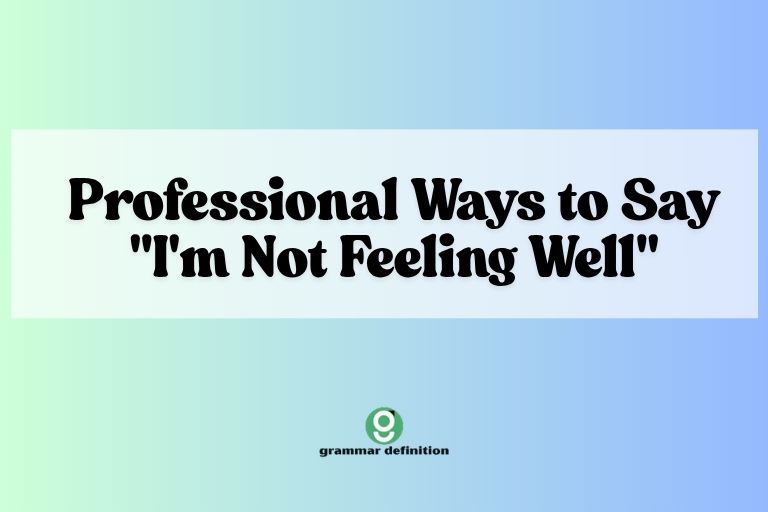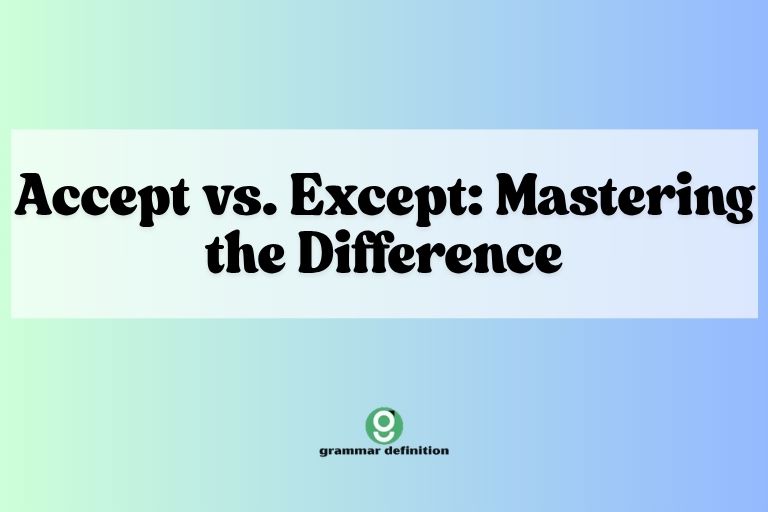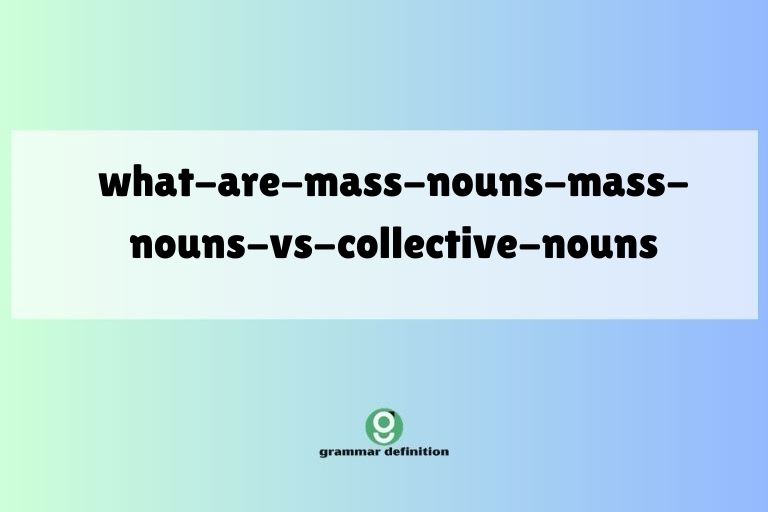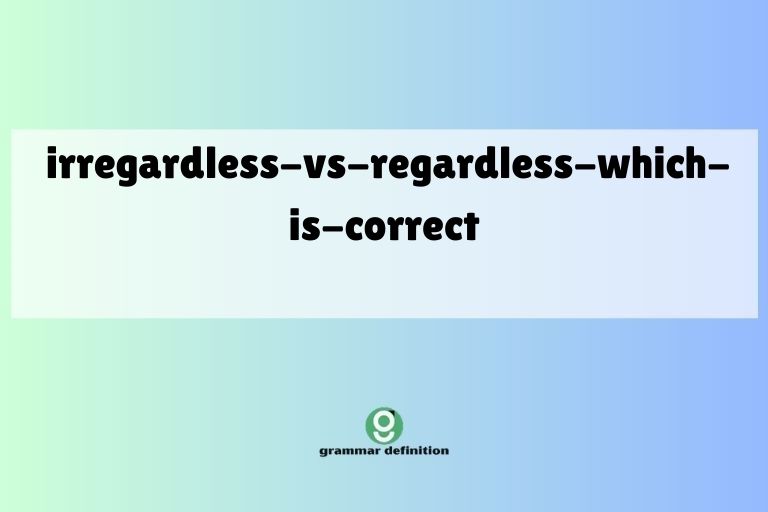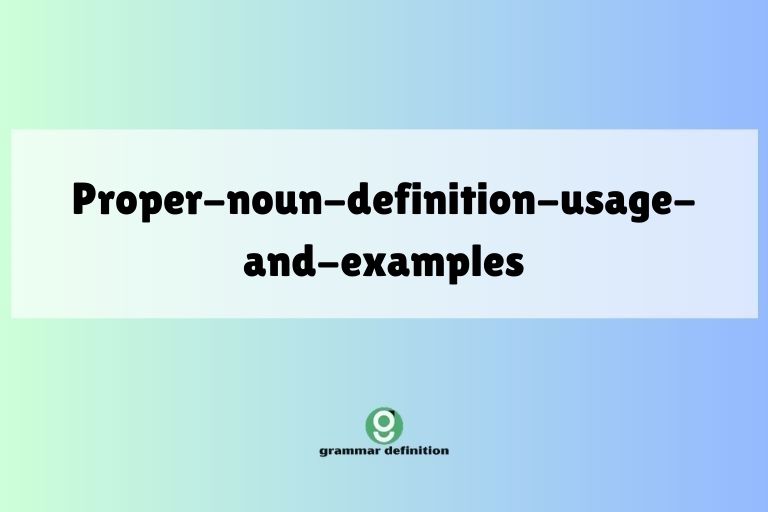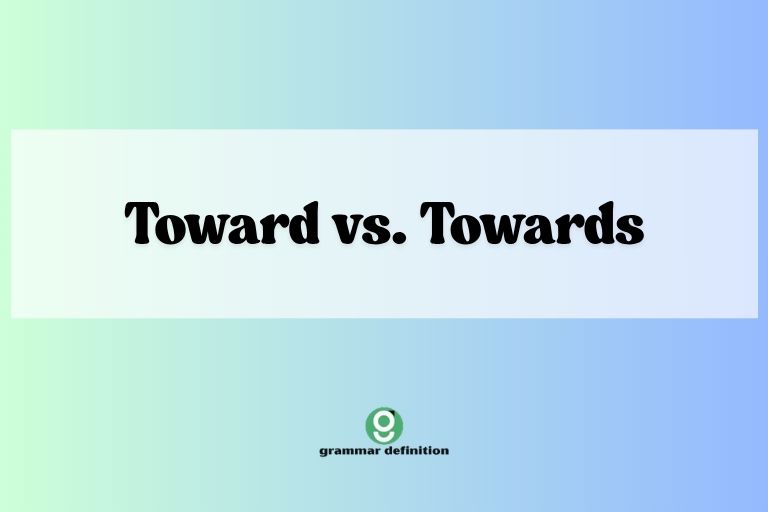Noun Clauses: Definition, Usage, and Comprehensive Examples
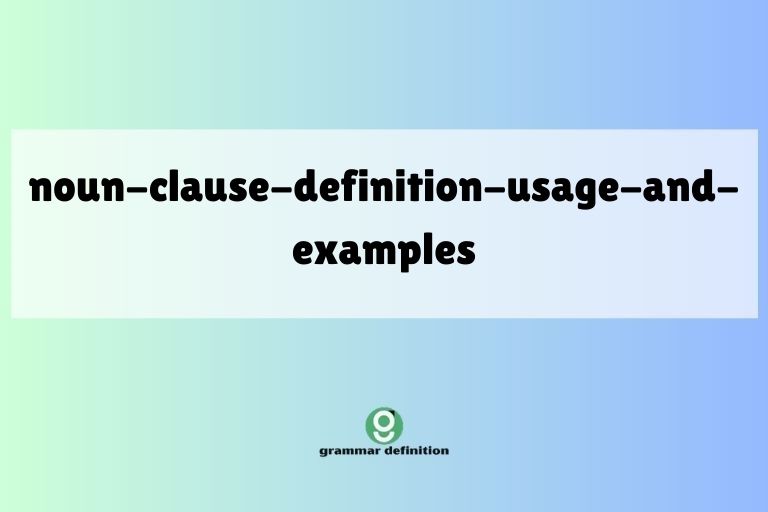
Understanding noun clauses is crucial for mastering complex sentence structures in English. Noun clauses function as nouns within sentences, allowing them to occupy subject, object, complement, or appositive positions.
This knowledge enhances both writing and reading comprehension, enabling you to construct more sophisticated and nuanced sentences. This article is designed for English language learners, from intermediate to advanced levels, who wish to deepen their understanding of English grammar and improve their ability to use noun clauses effectively.
Table of Contents
- Definition of Noun Clauses
- Structural Breakdown of Noun Clauses
- Types of Noun Clauses
- Examples of Noun Clauses
- Usage Rules for Noun Clauses
- Common Mistakes with Noun Clauses
- Practice Exercises
- Advanced Topics in Noun Clauses
- Frequently Asked Questions (FAQs)
- Conclusion
Definition of Noun Clauses
A noun clause is a dependent clause that functions as a noun. This means it can perform the same roles in a sentence as a single-word noun, such as subject, object, complement, or appositive. Unlike independent clauses, noun clauses cannot stand alone as complete sentences. They are introduced by specific words, including that, whether, if, and wh- words (who, what, when, where, why, how, which, whose). Understanding their function and structure is essential for building grammatically correct and complex sentences.
Noun clauses are essential components of complex sentences, providing flexibility and depth to your writing. They allow you to express ideas in a more concise and sophisticated manner than simple sentences.
Recognizing and using noun clauses correctly will significantly improve your overall command of the English language.
Structural Breakdown of Noun Clauses
The structure of a noun clause typically consists of a subordinating word followed by a subject and a verb. The subordinating word introduces the clause and connects it to the main clause. The subject and verb within the noun clause follow standard English sentence structure, although the word order can sometimes differ, especially in wh- clauses that function as questions.
Here’s a breakdown of the key components:
- Subordinating Word: This word introduces the noun clause. Examples include that, whether, if, who, what, when, where, why, how, which, and whose.
- Subject: The noun or pronoun that performs the action or is described by the verb within the noun clause.
- Verb: The action word or linking verb within the noun clause.
- Optional Elements: Noun clauses may also contain objects, complements, and modifiers, depending on the specific meaning and function.
Consider the following example: “I don’t know what he wants.” In this sentence, “what he wants” is the noun clause. “What” is the subordinating word, “he” is the subject, and “wants” is the verb.
Types of Noun Clauses
Noun clauses can be categorized based on the words that introduce them. The three main types are that clauses, whether/if clauses, and wh- word clauses. Each type has its specific usage and nuances.
That Clauses
That clauses are introduced by the word “that.” They typically express facts, opinions, or statements. In some cases, especially in informal writing and speech, the word “that” can be omitted, but it is always implied.
For example: “I believe that he is innocent.” Here, “that he is innocent” is a noun clause functioning as the object of the verb “believe.”
Whether/If Clauses
Whether and if clauses express doubt or uncertainty. They introduce alternative possibilities and often function as objects of verbs like “ask,” “wonder,” or “know.” While if and whether are often interchangeable, whether is generally preferred when the clause is the subject of a sentence or follows a preposition.
For example: “I don’t know whether he will come.” or “I don’t know if he will come.” In both cases, “whether he will come” and “if he will come” are noun clauses functioning as the object of the verb “know.”
Wh- Word Clauses
Wh- word clauses are introduced by wh- words such as who, what, when, where, why, how, which, and whose. These clauses often function as subjects, objects, or complements and provide information about specific details or circumstances.
For example: “What he said surprised everyone.” Here, “what he said” is a noun clause functioning as the subject of the verb “surprised.”
Examples of Noun Clauses
Noun clauses can function in various roles within a sentence. Understanding these roles is key to using them correctly.
Here are examples of noun clauses in different functions:
Noun Clauses as Subjects
When a noun clause acts as the subject of a sentence, it performs the action or is described by the verb. These clauses often begin with that or a wh- word.
The table below includes examples of noun clauses functioning as subjects in sentences.
| Sentence | Noun Clause (Subject) |
|---|---|
| What he did was wrong. | What he did |
| That she arrived late is not surprising. | That she arrived late |
| How he managed to escape remains a mystery. | How he managed to escape |
| What you need is a good rest. | What you need |
| Whether she will pass the exam is uncertain. | Whether she will pass the exam |
| That he lied to her is unforgivable. | That he lied to her |
| What they decided to do is their business. | What they decided to do |
| How the accident happened is still under investigation. | How the accident happened |
| That the earth is round is a well-known fact. | That the earth is round |
| What she said made me think. | What she said |
| That he is telling the truth is doubtful. | That he is telling the truth |
| Who will win the game is anyone’s guess. | Who will win the game |
| What the weather will be like tomorrow is unpredictable. | What the weather will be like tomorrow |
| That he forgot her birthday is a major issue. | That he forgot her birthday |
| What she wants for dinner is a surprise. | What she wants for dinner |
| That they are moving to a new city is exciting. | That they are moving to a new city |
| How he solved the problem is impressive. | How he solved the problem |
| What he intends to do is unclear. | What he intends to do |
| That she accepted the offer is good news. | That she accepted the offer |
| Who is responsible for this mess is hard to determine. | Who is responsible for this mess |
| That he finished the project on time is commendable. | That he finished the project on time |
| What she said was completely out of line. | What she said |
| That he admitted his mistake is a step forward. | That he admitted his mistake |
| How they managed to survive the storm is a miracle. | How they managed to survive the storm |
| What he plans to do next remains a secret. | What he plans to do next |
Noun Clauses as Direct Objects
When a noun clause acts as a direct object, it receives the action of the verb. These clauses are often introduced by that, whether, if, or a wh- word.
The table below includes examples of noun clauses functioning as direct objects in sentences.
| Sentence | Noun Clause (Direct Object) |
|---|---|
| I know what you did last summer. | what you did last summer |
| She said that she would be late. | that she would be late |
| He asked if I needed any help. | if I needed any help |
| They wondered where he had gone. | where he had gone |
| We discussed why the project failed. | why the project failed |
| I heard that he got a promotion. | that he got a promotion |
| She doesn’t know when the meeting starts. | when the meeting starts |
| He told me how to fix the problem. | how to fix the problem |
| I doubt whether he will come. | whether he will come |
| They confirmed that the order was shipped. | that the order was shipped |
| She explained what happened at the party. | what happened at the party |
| I don’t understand why he is so angry. | why he is so angry |
| He discovered that she was lying. | that she was lying |
| She asked if I had finished reading the book. | if I had finished reading the book |
| We investigated where the money had gone. | where the money had gone |
| They admitted that they made a mistake. | that they made a mistake |
| I can’t remember when I last saw him. | when I last saw him |
| She showed me how to bake a cake. | how to bake a cake |
| He questioned whether the evidence was valid. | whether the evidence was valid |
| They announced that the event was canceled. | that the event was canceled |
| I saw what you were doing. | what you were doing |
| She realized that she had forgotten her keys. | that she had forgotten her keys |
| He inquired if I needed a ride. | if I needed a ride |
| We explored where the best restaurants were located. | where the best restaurants were located |
| They acknowledged that the situation was difficult. | that the situation was difficult |
Noun Clauses as Predicate Nominatives
When a noun clause acts as a predicate nominative (also known as a predicate noun), it renames or identifies the subject of the sentence. It follows a linking verb such as “is,” “are,” “was,” “were,” “seem,” or “become.”
The table below includes examples of noun clauses functioning as predicate nominatives in sentences.
| Sentence | Noun Clause (Predicate Nominative) |
|---|---|
| The problem is that he doesn’t listen. | that he doesn’t listen |
| My belief is that she will succeed. | that she will succeed |
| His excuse was that he missed the bus. | that he missed the bus |
| The question is whether we should go. | whether we should go |
| The reason is why he left early. | why he left early |
| The issue is how we can resolve this. | how we can resolve this |
| Her concern is who will take care of the children. | who will take care of the children |
| The truth is that I don’t know. | that I don’t know |
| His worry is whether he will pass the test. | whether he will pass the test |
| The difficulty is how to start the engine. | how to start the engine |
| The good thing is that we have enough time. | that we have enough time |
| His biggest fear is what will happen next. | what will happen next |
| The challenge is how to make it work. | how to make it work |
| The point is that we need to act now. | that we need to act now |
| Her suggestion is that we try a new approach. | that we try a new approach |
| The main thing is that we stay calm. | that we stay calm |
| The mystery is where he disappeared to. | where he disappeared to |
| Our goal is that everyone is safe. | that everyone is safe |
| The key is how you handle the situation. | how you handle the situation |
| The problem remains that we have no funding. | that we have no funding |
Noun Clauses as Objects of Prepositions
When a noun clause acts as the object of a preposition, it follows a preposition such as “in,” “on,” “at,” “to,” “from,” “for,” “of,” “about,” “with,” or “by.”
The table below includes examples of noun clauses functioning as objects of prepositions in sentences.
| Sentence | Noun Clause (Object of Preposition) |
|---|---|
| I am interested in what you have to say. | what you have to say |
| He is worried about whether he will pass. | whether he will pass |
| She depends on who can help her. | who can help her |
| They are arguing about why he left. | why he left |
| We are concerned with how the project will be completed. | how the project will be completed |
| It depends on when the train arrives. | when the train arrives |
| She is focused on what she needs to do. | what she needs to do |
| He is responsible for what happened. | what happened |
| They are talking about where they should go. | where they should go |
| We are grateful for what you have done. | what you have done |
| The success depends on how well you prepare. | how well you prepare |
| He is uncertain about whether it will rain. | whether it will rain |
| She is excited about what she will receive. | what she will receive |
| They disagreed on why the decision was made. | why the decision was made |
| He is thinking about how he can solve the problem. | how he can solve the problem |
| She is relying on who she can trust. | who she can trust |
| They are speculating about when the announcement will be made. | when the announcement will be made |
| We are curious about what the outcome will be. | what the outcome will be |
| He is reflecting on how he could have done better. | how he could have done better |
| She is dedicated to what she believes in. | what she believes in |
Noun Clauses as Appositives
When a noun clause acts as an appositive, it renames or explains a noun or pronoun that precedes it. Appositive noun clauses provide additional information about the noun they modify.
The table below includes examples of noun clauses functioning as appositives in sentences.
| Sentence | Noun Clause (Appositive) |
|---|---|
| The fact that he lied is disappointing. | that he lied |
| The question of whether she will come is still unanswered. | whether she will come |
| The idea that we can solve this problem is optimistic. | that we can solve this problem |
| The rumor that he is leaving is unfounded. | that he is leaving |
| The hope that she will recover is strong. | that she will recover |
| His concern, that he might fail, is understandable. | that he might fail |
| The possibility that it will rain is high. | that it will rain |
| The news that they won is exciting. | that they won |
| The belief that hard work pays off is common. | that hard work pays off |
| The theory that the universe is expanding is widely accepted. | that the universe is expanding |
| The evidence that he committed the crime is overwhelming. | that he committed the crime |
| The assumption that everyone agrees is incorrect. | that everyone agrees |
| The expectation that she will arrive on time is unrealistic. | that she will arrive on time |
| The suggestion that we should try again is helpful. | that we should try again |
| The fear that we might lose is motivating. | that we might lose |
| The conclusion that he is guilty is unavoidable. | that he is guilty |
| The understanding that we need to cooperate is essential. | that we need to cooperate |
| The argument that it is not fair is valid. | that it is not fair |
| The assurance that everything will be alright is comforting. | that everything will be alright |
| The feeling that something is wrong is persistent. | that something is wrong |
Usage Rules for Noun Clauses
Using noun clauses correctly involves understanding several key rules:
- Word Order: The word order within a noun clause generally follows standard English sentence structure (subject-verb-object). However, in wh- clauses that function as indirect questions, the word order is the same as in a statement, not a question. For example: “I don’t know where he is.” (not “where is he”).
- Subjunctive Mood: In certain contexts, particularly after verbs expressing demands, suggestions, or recommendations (e.g., “suggest,” “recommend,” “demand,” “insist”), the subjunctive mood may be used in the that clause. This means the verb in the that clause is in its base form. For example: “I suggest that he be present at the meeting.”
- Tense Agreement: While not always required, it’s generally good practice to maintain tense agreement between the main clause and the noun clause, especially in formal writing. For example: “She said that she was tired.” (past tense in both clauses).
- Omission of “That”: The word “that” can often be omitted in that clauses when the clause functions as a direct object, especially in informal contexts. For example: “I think he is right.” (instead of “I think that he is right.”)
- “Whether” vs. “If”: Use whether when expressing alternative possibilities or when the clause is the subject of a sentence or follows a preposition. Use if when expressing a condition. While they are often interchangeable as objects of verbs, whether is generally considered more formal and precise.
Understanding these rules will help you construct grammatically correct and stylistically appropriate sentences using noun clauses.
Common Mistakes with Noun Clauses
Here are some common mistakes learners make when using noun clauses, along with corrections:
| Incorrect | Correct | Explanation |
|---|---|---|
| I don’t know where is he. | I don’t know where he is. | Incorrect word order in the wh- clause. |
| She asked if I am happy. | She asked if I was happy. | Lack of tense agreement between the main clause and the noun clause. |
| That he will come is not sure. | That he will come is not certain. | “Sure” is an adjective, so “certain” is more appropriate. |
| I suggest that he will go. | I suggest that he go. | Incorrect use of the subjunctive mood after “suggest.” |
| The reason is because he was late. | The reason is that he was late. | Avoid using “because” after “the reason is.” Use “that” instead. |
| I am interested on what you said. | I am interested in what you said. | Incorrect preposition usage. “Interested” is followed by “in.” |
| She told me when does the movie start. | She told me when the movie starts. | Incorrect word order in the wh- clause. |
| Whether or not if he comes, we will proceed. | Whether or not he comes, we will proceed. | Do not use “if” with “whether or not.” |
| The fact why he left is a mystery. | The reason why he left is a mystery. | “Fact” is not typically followed by “why”. “Reason” is more appropriate. |
| I wonder that he is okay. | I wonder if/whether he is okay. | Use “if” or “whether” to express doubt or uncertainty. |
By being aware of these common mistakes, you can avoid errors and use noun clauses more effectively.
Practice Exercises
Test your understanding of noun clauses with these practice exercises.
Exercise 1: Identify the noun clause in each sentence and its function (subject, direct object, predicate nominative, object of preposition, appositive).
| Sentence | Noun Clause | Function |
|---|---|---|
| 1. What he said surprised everyone. | ||
| 2. I don’t know where she lives. | ||
| 3. The problem is that we don’t have enough money. | ||
| 4. She is worried about whether she will pass the exam. | ||
| 5. The fact that he is late is concerning. | ||
| 6. They explained how to solve the problem. | ||
| 7. I am not sure if he will come. | ||
| 8. The question is who will take over the project. | ||
| 9. We are interested in what you have to say. | ||
| 10.The idea that we can finish on time is unrealistic. |
Exercise 2: Combine the following sentences using noun clauses.
- He will arrive tomorrow. I am sure of it.
- She is telling the truth. I doubt it.
- Where did he go? Nobody knows.
- Will it rain? I wonder.
- He is innocent. The court decided that.
- What does she want? I don’t know.
- They are moving to a new city. It is exciting.
- How did he solve the problem? It is impressive.
- She accepted the offer. It is good news.
- Who is responsible for this mess? It is hard to determine.
Exercise 3: Fill in the blanks with appropriate subordinating words to create noun clauses.
- I don’t know _______ he is.
- She said _______ she was tired.
- _______ he did was wrong.
- I am not sure _______ I should go.
- The problem is _______ we have no money.
- He asked me _______ I needed help.
- They are talking about _______ they should go.
- I am interested in _______ you have to say.
- The fact _______ he lied is disappointing.
- _______ she wants is a mystery.
Answer Key:
Exercise 1:
| Sentence | Noun Clause | Function |
|---|---|---|
| 1. What he said surprised everyone. | What he said | Subject |
| 2. I don’t know where she lives. | where she lives | Direct Object |
| 3. The problem is that we don’t have enough money. | that we don’t have enough money | Predicate Nominative |
| 4. She is worried about whether she will pass the exam. | whether she will pass the exam | Object of Preposition |
| 5. The fact that he is late is concerning. | that he is late | Appositive |
| 6. They explained how to solve the problem. | how to solve the problem | Direct Object |
| 7. I am not sure if he will come. | if he will come. | Direct Object |
| 8. The question is who will take over the project. | who will take over the project | Predicate Nominative |
| 9. We are interested in what you have to say. | what you have to say | Object of Preposition |
| 10.The idea that we can finish on time is unrealistic. | that we can finish on time | Appositive |
Exercise 2:
- I am sure that he will arrive tomorrow.
- I doubt that she is telling the truth.
- Nobody knows where he went.
- I wonder if it will rain.
- The court decided that he is innocent.
- I don’t know what she wants.
- The fact that they are moving to a new city is exciting.
- How he solved the problem is impressive.
- That she accepted the offer is good news.
- Who is responsible for this mess is hard to determine.
Exercise 3:
- I don’t know where he is.
- She said that she was tired.
- What he did was wrong.
- I am not sure if/whether I should go.
- The problem is that we have no money.
- He asked me if/whether I needed help.
- They are talking about where they should go.
- I am interested in what you have to say.
- The fact that he lied is disappointing.
- What she wants is a mystery.
Advanced Topics in Noun Clauses
For advanced learners, here are some more complex aspects of noun clauses:
- Embedded Questions: Noun clauses often function as embedded questions, where a question is incorporated into a statement. The word order and tense agreement can be tricky.
- Ellipsis in Noun Clauses: Ellipsis (omission of words) can occur in noun clauses, especially in informal speech and writing. Understanding when ellipsis is appropriate and doesn’t compromise clarity is crucial.
- Noun Clauses with Infinitives: Noun clauses can sometimes contain infinitives (to + verb) instead of finite verbs, adding another layer of complexity.
- The use of ‘what’ as a fused relative pronoun: ‘What’ can act as a fused relative pronoun, combining the functions of a relative pronoun and the noun it modifies. This is common in noun clauses and requires careful attention to sentence structure.
Frequently Asked Questions (FAQs)
- What is the difference between a noun clause and an adjective clause?
A noun clause functions as a noun, taking on roles such as subject, object, or complement within a sentence. An adjective clause, on the other hand, modifies a noun or pronoun, providing descriptive information. Adjective clauses typically begin with relative pronouns (who, whom, which, that) or relative adverbs (when, where, why), whereas noun clauses begin with words like that, whether, if, or wh- words (who, what, when, where, why, how).
- Can a noun clause be a subject complement?
Yes, a noun clause can function as a subject complement, also known as a predicate nominative. In this role, the noun clause follows a linking verb (such as “is,” “are,” “was,” “were,” “seem,” “become”) and renames or identifies
the subject. For example, in the sentence “The problem is that we don’t have enough resources,” the noun clause “that we don’t have enough resources” is a subject complement that renames the subject “the problem.”
- Is it correct to omit “that” in a noun clause?
Yes, it is often correct to omit “that” at the beginning of a noun clause, especially when the clause functions as a direct object. This is common in informal writing and speech. For example, both “I think that he is right” and “I think he is right” are grammatically acceptable, although the former is slightly more formal.
- Can a noun clause contain another clause within it?
Yes, noun clauses can indeed contain other clauses, including other noun clauses, adjective clauses, or adverbial clauses. This creates complex sentence structures. For example: “I don’t know what she said when she arrived” contains the noun clause “what she said when she arrived,” which itself includes the adverbial clause “when she arrived.”
- How do I identify a noun clause in a complex sentence?
To identify a noun clause, look for a dependent clause that functions as a noun. Ask yourself if the clause is acting as a subject, object, complement, or appositive. Noun clauses typically begin with words like that, whether, if, or wh- words (who, what, when, where, why, how). If the clause fulfills a noun’s role and begins with one of these words, it is likely a noun clause.
Conclusion
Noun clauses are fundamental components of complex English sentences, enabling you to express intricate ideas and relationships. By understanding their structure, types, and usage rules, you can significantly enhance your writing and comprehension skills.
This guide has provided a comprehensive overview of noun clauses, complete with definitions, examples, and practice exercises. Continue to practice and apply this knowledge to master the art of using noun clauses effectively in your communication.

